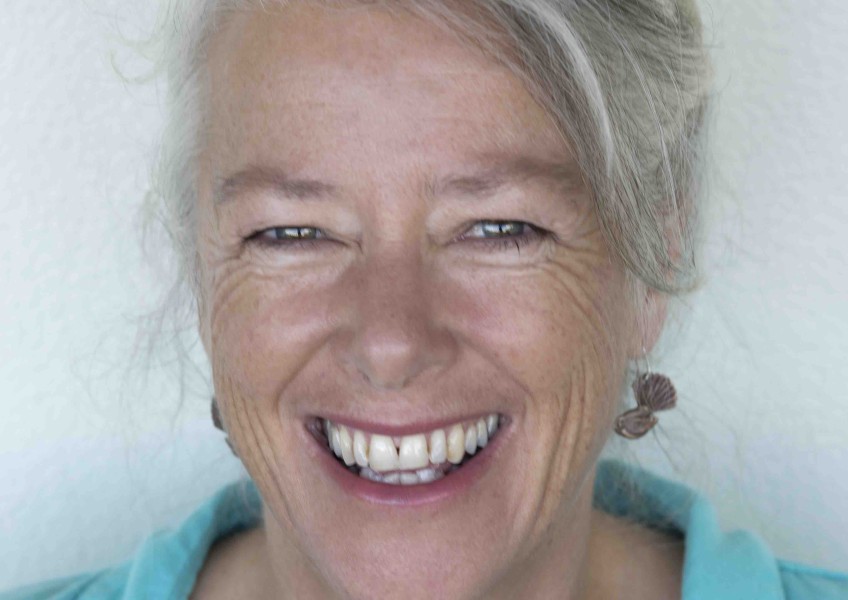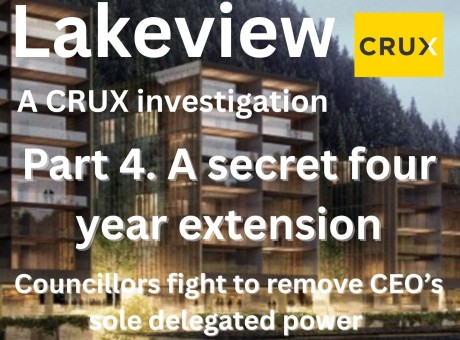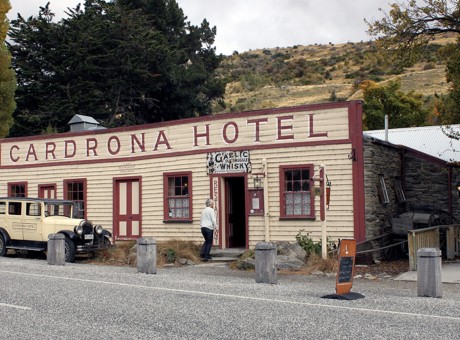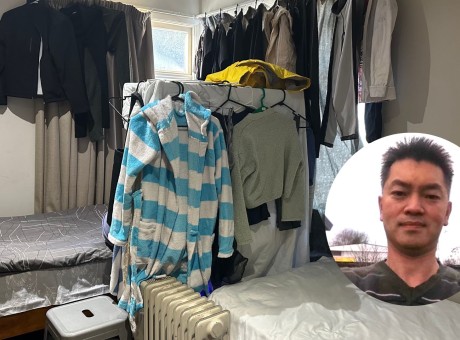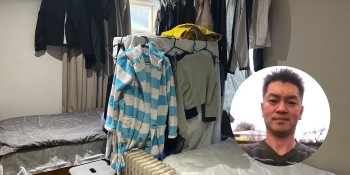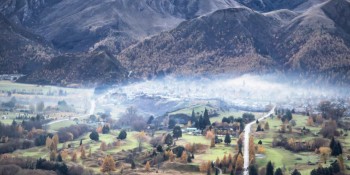My Point of View - Alexa Forbes
Growth and its issues are the topic du jour in the Queenstown Lakes District and close behind are the issues of a rapidly changing world. There is a real need to do things differently if we are to head down the path of becoming a wonderful 21st century centre where people want to come to live, work and play.
Since 2001, Queenstown Lakes District has had a growth rate average of about 5%[1]. At this rate, our population more or less doubles every 15 years[2]. This rate of growth is extremely difficult to plan for, let alone fund the infrastructure needed to support a doubling of our existing populations. While conventional economic thinking applauds such growth, I think it’s exhausting for a community.
The problems in our district are thorny, multi faceted and interrelated.
Housing – we don’t have a housing shortage, we have a housing occupancy problem. Forty percent of our houses are empty, according to the last census[3] (2013- 2017 data isn’t yet available). And we have a massive affordability problem. Our house-price-to-income multiple is 11.58[4] – that is, it costs 11-and-a-half times the median household income to buy a house. The internationally accepted measure of affordability in housing is a price-to-income multiple of three or less. So, in Queenstown Lakes District, a secure place to live is out of reach of almost everyone who works within it. For the past several years, immigrant and visitor labour has filled the resulting employment gaps. Now, even this supply of workers is drying up because housing inefficiency is now affecting even these groups, and immigration rules are tightening.
Transport – it’s harder and harder to get anywhere by road in Queenstown. We cannot really contemplate more roads – geographical constraints, carbon emissions, other environmental risks and huge expense. So we need to move to other modes – public transport, bikes, walking, shared rides. This is underway but is hampered by inadequate infrastructure. Without bus lanes, the buses are facing the same delays as all other traffic, without safe biking trails, only the most confident and committed cyclists will risk the necessary but unsafe-for-cyclists routes where our trails don’t link up. Newcomers like Savy, Takeme and Zoomy will find their place within this, as we start to accept we can’t all take our cars into Queenstown, park them all day and then drive then out again.
Which leads me to another thorny one, the need to urbanise. Building green field developments out of town is a driver of even trickier transport issues (and that of other infrastructure). It creates more stress on the already congested transport network, as more and more people live a long way from where they work and play. How we live is also changing, yet we still design suburbs that are more suited to the middle of the last century rather than looking future-ward to the characteristics of this century. There are social and health problems that come with applying last century’s planning to this century’s lifestyles. Growing up 10km from town in the 1970s was an entirely different prospect to doing the same thing today. In those days we could cycle to our footy games, school and friends' houses and play in places that would not be considered safe now. Suburbs can now isolate older children when the cycle trails aren’t safe, the public transport doesn’t work for them and they are fully reliant on parents to taxi them around. This works well for no one and we need to rethink where and how we live. Our millennials want apartments above shops in urban villages[5], where everything is easily accessed on foot. How do we design our towns so they provide this village atmosphere? How do we get our developers to put apartments on top of the shops? How do our planning rules allow for creating these "urban villages"? Thinking this through and finding solutions for our local people is essential.
And then there is our waste. As the towns are built and grow, more and more waste is created. Most of our waste comes from construction and demolition waste, which is high in boom times when rapid building is more important than careful consideration of efficient use of materials and organic waste, food and green waste. Our Waste Management and Minimisation plan[6] is working towards reducing and reusing waste but, really, we need to seriously look at refusing waste – that is not creating waste in the first place. This is becoming more and more important as we begin to realise the difficulty and costs associated with recycling, particularly as China now refuses our waste material.
At the same time, we need to start looking at how we deliver and manage our major industry. This past summer freedom camping and Airbnb have become the face of our tourism issues. At the core of this is the way we promote and deliver tourism as a product. New Zealand is promoted as a touring destination, so for young people without much money, it’s seen as a great place to buy a cheap van for both accommodation and transport. Numbers have increased markedly with the resultant impacts on our beauty spots and tolerance. Imagine the distress of people thinking they can act in one way, only to find the locals think they should act in another? Dealing with this needs to go right back to how we attract visitors, where we want them to stay and how we want them to behave.
I think we need to get on with looking at all these issues in a holistic way, understanding that the interrelation of transport and housing affects social structures, health and our environment. This starts with understanding what we want for our district, then figuring out how to achieve it. Around our council table, this is exactly what we work towards. It’s difficult, thorny and sometimes conflicts with long-held truisms around growth, economy, property rights and our environment. Our problems are not unique and we can learn from other parts of the world. Many of you call me, send me messages and tag me in posts about things happening elsewhere that might help us – this is really useful, thank you and keep it coming. Now is a very good time to engage, set aside the small irritations in life and look at the bigger picture. Please do use this article as a conversation piece and come back with feedback and suggestions.#
[3] http://archive.stats.govt.nz/Census/2013-census/profile-and-summary-reports/quickstats-about-a-place.aspx?url=/Census/2013-census/profile-and-summary-reports/quickstats-about-a-place.aspx&request_value=15000&tabname=





